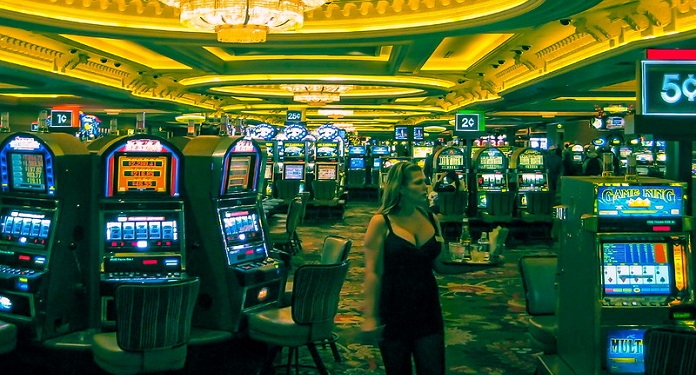The boom in the casino sector in Brazil occurred between the 1930s and 1940s, when 70 establishments came into operation, normally linked to luxurious hotels. With an interest in boosting tourism and generating job vacancies, then President Getúlio Vaga released the games in 1934, associating them with “artistic shows”.
However, legalization lasted just over a decade. In 1946, general Eurico Gaspar Dutra suspended the measure, declaring the games illegal. Nowadays, the intention to develop the tourism sector, serves as a motivation to discuss the return of casinos in Brazil, as long as on the premises of hotels or resorts.
This could become a way to expand the budgets impacted by city halls and states by the new coronavirus pandemic. The Ministry of Tourism approves the release of casinos in approximately 5% of leisure complexes.
“They will serve as an economic anchor for the other 95% of activities in the resorts, similar to what happens in other countries”, said the minister Marcelo Álvaro Antônio. “The activity does not demand tax incentives, on the contrary, it has a high tax burden with an average of 30% of the billing.”
Return of casinos in Brazil finds support in the federal government
There are four proposals underway in the Federal Senate. The intention is to transform parts of the coast into a national version of “Las Vegas”, in the USA, or Macau, in China. One of the main defenders is Senator Flávio Bolsonaro (Republicanos-RJ).
In July, the senator received a project from the city of Angra dos Reis (RJ), to encourage local ecotourism. The integrated resort with casino would be built at the Tamoios Ecological Station, generating jobs and taxes. President Jair Bolsonaro, a regular in the region, liked the idea.
The legalization of gambling in Brazil could create approximately 200 thousand new jobs, according to Senator Irajá Abreu (PSD-TO), author of one of the bills that are being processed in the Senate.
“The expectation is to collect 18 billion reais in new taxes, which would be divided between states and municipalities, in free resources for investments,” he said.
Abreu added: “Other than that, we expect to raise R $ 5 billion from the concessions, which would be invested in low-cost housing”.
In addition, the project still finds support in the Minister of Economy, Paulo Guedes, by the Minister of Regional Development, Rogério Marinho, and in the President of the Senate, Davi Alcolumbre (Democrats-AP), which places him as one of the likely ones to be voted on. by the end of 2020.
On the other hand, there is resistance on the part of the religious group, such as Minister Damares Alves, who has already referred to the plan as a “pact with the devil”. “The discussion for a long time had an ideological lock, but the debate will reappear in Congress”, projected senator Eduardo Gomes (MDB-TO), government leader.





